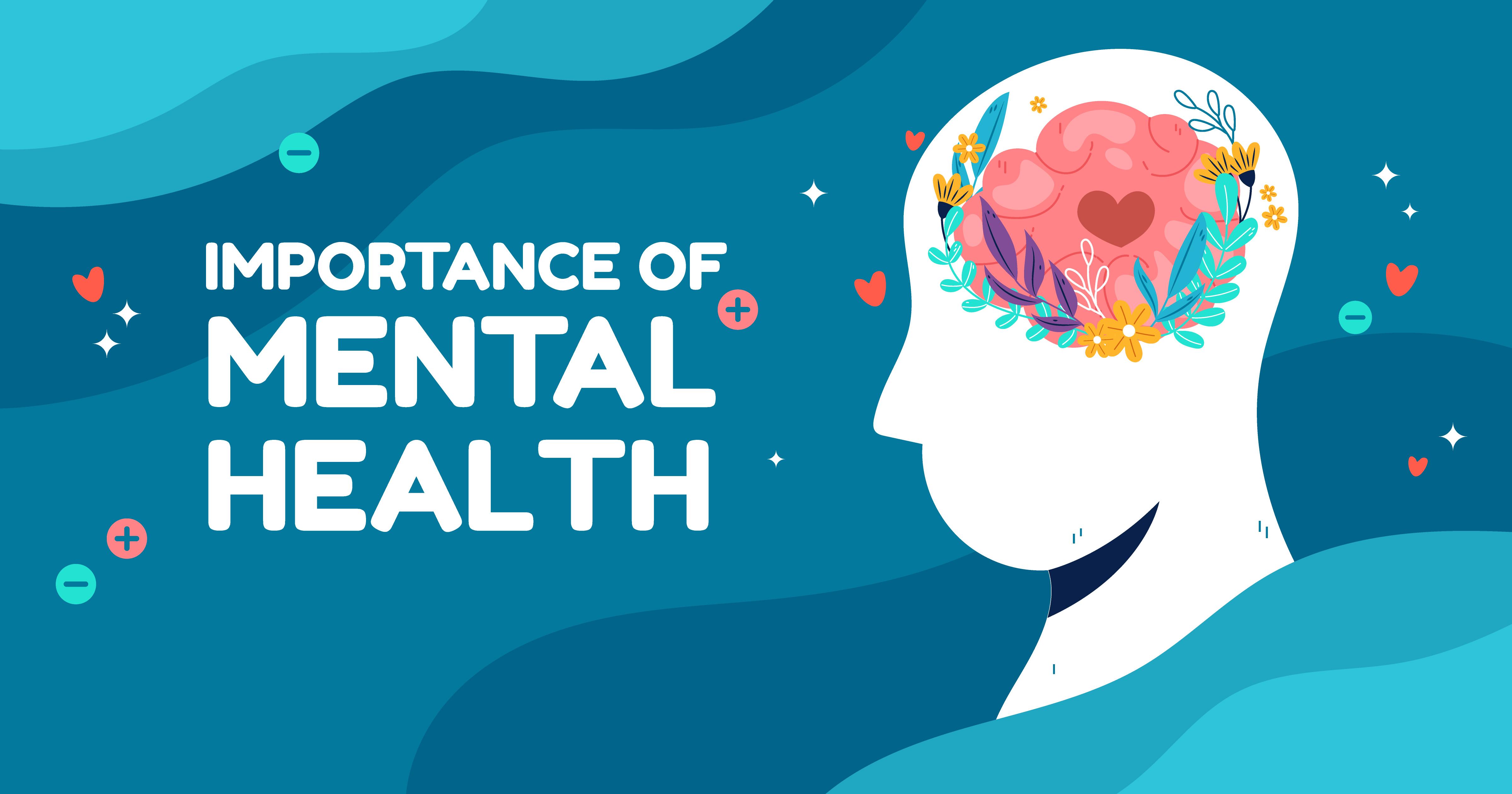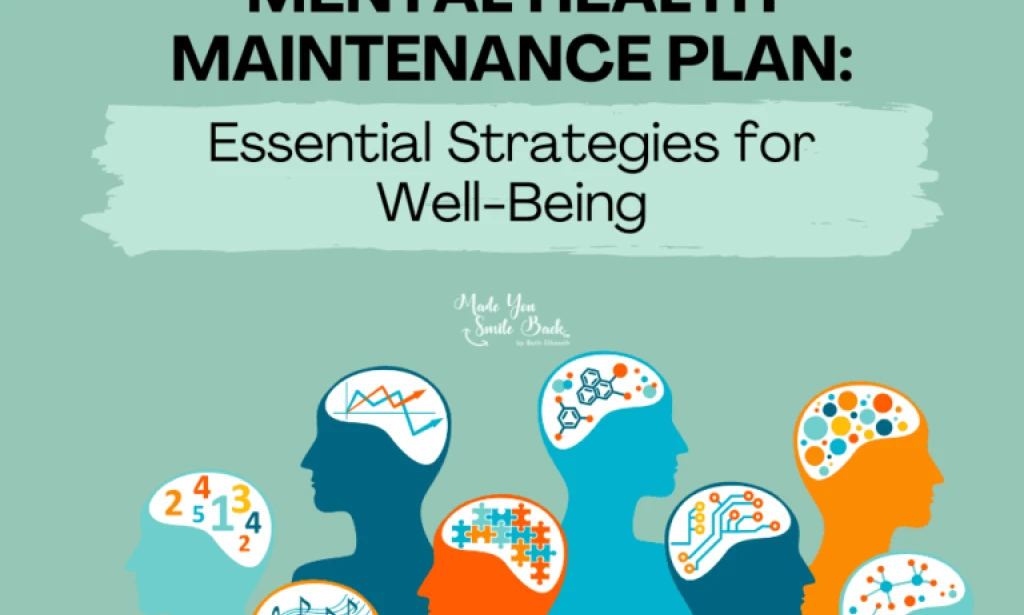Table of Contents
- Introduction to Mental Health
- The Importance of Mental Health
- Common Mental Health Disorders
- Strategies for Maintaining Mental Health
- Overcoming Stigma and Raising Awareness
- Mental Health and its Impact on Physical Health
- Conclusion
1. Introduction to Mental Health
Mental health refers to a person’s emotional, psychological, and social well-being. It influences how individuals think, feel, and behave in everyday life. Mental health affects how we handle stress, relate to others, and make choices. Mental health is just as important as physical health, and both are interconnected. While physical health is typically visible and measurable, mental health can often go unnoticed until it reaches a crisis point.
It is important to recognize that mental health is not just the absence of mental illness but the presence of positive attributes such as resilience, emotional regulation, and the ability to cope with life’s challenges. Mental health is a dynamic process that requires attention and care throughout a person’s life, and it varies from person to person. Everyone’s experience with mental health is unique, and its importance cannot be overstated.
2. The Importance of Mental Health
The significance of mental health cannot be underestimated. Good mental health allows individuals to work productively, contribute to their communities, and enjoy fulfilling relationships. On the other hand, poor mental health can impair daily functioning, disrupt relationships, and reduce quality of life. Mental health influences all aspects of life, including decision-making, problem-solving, and the ability to manage stress and adversity.
Mental well-being is crucial for maintaining a balanced life. It affects how we think about ourselves and others, our self-esteem, and our ability to handle setbacks. Mental health also plays a critical role in physical health, as stress, anxiety, and depression can lead to conditions like heart disease, digestive issues, and weakened immune systems. By promoting mental health, we ensure that individuals have the tools they need to navigate challenges, form meaningful connections, and thrive.

3. Common Mental Health Disorders
There are a variety of mental health disorders, ranging from common conditions like anxiety and depression to more complex illnesses like schizophrenia and bipolar disorder. Some of the most prevalent mental health disorders include:
-
Anxiety Disorders: These include generalized anxiety disorder (GAD), panic disorder, and social anxiety disorder. Individuals with anxiety disorders often experience persistent worry, nervousness, and fear, which can interfere with daily functioning.
-
Depressive Disorders: Depression is one of the most common mental health conditions worldwide. It involves feelings of sadness, hopelessness, and a lack of interest in activities once enjoyed. Major depressive disorder (MDD) can be debilitating and may require treatment with therapy or medication.
-
Bipolar Disorder: Bipolar disorder is characterized by extreme mood swings, including emotional highs (mania) and lows (depression). These mood changes can affect energy levels, judgment, and overall behavior.
-
Obsessive-Compulsive Disorder (OCD): OCD involves intrusive thoughts (obsessions) that lead to repetitive behaviors (compulsions). These compulsions are typically performed to reduce anxiety caused by the obsessions.
-
Post-Traumatic Stress Disorder (PTSD): PTSD can develop after a person experiences or witnesses a traumatic event. It is marked by flashbacks, nightmares, and heightened anxiety.
-
Schizophrenia: Schizophrenia is a serious mental health condition that affects how a person thinks, feels, and behaves. It may cause symptoms such as delusions, hallucinations, and disorganized thinking.
These disorders are often treatable with the right interventions, including therapy, medication, and lifestyle changes. Early identification and treatment can help individuals manage their conditions and lead fulfilling lives.
4. Strategies for Maintaining Mental Health
Maintaining mental health is an ongoing process that involves self-care, lifestyle adjustments, and seeking support when necessary. Here are some strategies for promoting mental well-being:
-
Regular Exercise: Physical activity is one of the best ways to boost mental health. Exercise releases endorphins, the body’s natural mood lifters, and helps reduce symptoms of depression and anxiety.
-
Balanced Diet: A nutritious diet plays a significant role in mental health. Foods rich in omega-3 fatty acids, vitamins, and minerals can improve brain function and emotional stability. A balanced diet can also prevent mood swings caused by blood sugar imbalances.
-
Adequate Sleep: Sleep is essential for mental well-being. Lack of sleep can exacerbate symptoms of anxiety and depression. Establishing a consistent sleep schedule and practicing relaxation techniques before bed can improve sleep quality.
-
Stress Management: Learning how to manage stress is crucial for mental health. Techniques such as mindfulness meditation, deep breathing exercises, and yoga can reduce stress levels and promote relaxation.
-
Social Support: Building and maintaining strong relationships with family and friends is vital. A strong social network provides emotional support, reduces loneliness, and helps people cope with difficult situations.
-
Seeking Professional Help: It’s important to seek professional support when necessary. Therapy, counseling, and medications are available to help manage mental health disorders. A mental health professional can provide personalized treatment plans and coping strategies.
5. Overcoming Stigma and Raising Awareness
Despite increasing awareness of mental health, stigma remains a significant barrier to seeking help. Many people still feel embarrassed or ashamed about their mental health challenges, which can prevent them from getting the support they need. It’s important to combat this stigma by normalizing conversations about mental health and encouraging people to seek help without fear of judgment.
Public education campaigns, mental health support groups, and workplace wellness programs are vital for promoting mental health awareness. Through these initiatives, people can learn that mental health disorders are common and treatable, and that seeking help is a sign of strength, not weakness.
Creating an open and accepting environment for people struggling with mental health issues is essential. Families, communities, and employers should work together to foster an atmosphere of empathy and understanding, which can significantly improve outcomes for individuals in need of support.
6. Mental Health and its Impact on Physical Health
Mental health has a profound impact on physical health, and the connection between the two is well-documented. Chronic stress, anxiety, and depression can lead to various physical ailments, including high blood pressure, digestive issues, and weakened immune function. Additionally, untreated mental health conditions can contribute to unhealthy behaviors such as overeating, smoking, or substance abuse.
Conversely, maintaining good mental health can lead to improved physical health. Individuals who manage stress effectively, stay active, and maintain a balanced diet are more likely to experience better cardiovascular health, lower inflammation levels, and improved immune function.
The mind-body connection is a critical area of focus in modern healthcare. Integrating mental health care with physical health care can provide a more holistic approach to treatment and prevention.

7. Conclusion
In conclusion, mental health is a fundamental component of overall well-being. It influences how we feel, think, and behave, affecting all areas of life, from our relationships to our physical health. By understanding the importance of mental health and adopting strategies for maintaining it, individuals can lead healthier, more fulfilling lives. Overcoming stigma, raising awareness, and seeking professional help when needed are essential for improving mental health outcomes globally. With the right support and resources, everyone has the potential to thrive mentally, emotionally, and physically.


You must be logged in to post a comment.